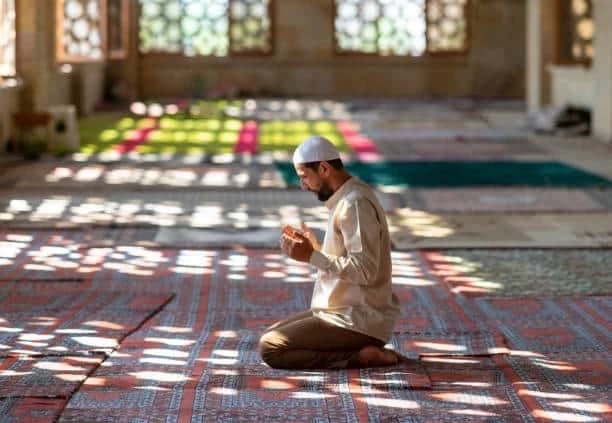Having a dedicated Muslim prayer room serves several important purposes, both religiously and socially. Here are five reasons why it is significant:
Facilitating Regular Prayers

In Islam, performing prayers five times a day is obligatory for every adult Muslim. Having a dedicated prayer room provides a designated space where Muslims can perform their prayers comfortably and without interruption. This space ensures that they can adhere to their religious obligations even in public or institutional settings such as schools, workplaces, or airports. It fosters a sense of spiritual discipline and regularity in the practice of their faith.
Promoting Religious Inclusivity and Respect

Providing a dedicated prayer room demonstrates respect for religious diversity and accommodates the religious needs of Muslim individuals within a diverse community or organization. It sends a message of inclusivity, tolerance, and understanding, showing that the institution values the religious beliefs and practices of all its members or visitors. This gesture promotes harmony and mutual respect among people of different faiths, contributing to a more cohesive and respectful environment.
Ensuring Privacy and Modesty
Modesty is highly valued in Islam, especially during prayer. A dedicated prayer room offers a private and quiet space where Muslims can engage in their worship rituals without feeling exposed or self-conscious. This privacy allows individuals to focus solely on their connection with the divine, free from distractions or concerns about others observing them. It creates a conducive environment for spiritual reflection, concentration, and devotion, enhancing the quality of their prayer experience.
Encouraging Community Engagement

A dedicated prayer room serves as a focal point for communal worship and gatherings within Muslim communities. It provides a space where Muslims can come together to pray, hold religious discussions, organize events, or seek spiritual guidance from religious leaders. This sense of community and belonging fosters solidarity, strengthens social bonds, and promotes mutual support among individuals with shared religious values and beliefs. It also facilitates the transmission of religious knowledge and traditions from one generation to another, ensuring the continuity of Islamic heritage and practices.
Meeting Legal and Human Rights Obligations
In many countries, providing religious accommodation is not only a matter of respect and inclusivity but also a legal requirement under anti-discrimination laws and human rights conventions. Denying Muslims access to a dedicated prayer room or hindering their ability to practice their religion freely may constitute discrimination and could lead to legal consequences for the institution or organization responsible. Therefore, having a designated prayer space not only fulfills moral and ethical obligations but also helps institutions comply with legal mandates and uphold the principles of equality and religious freedom.
In conclusion, having a dedicated Muslim prayer room is essential for promoting religious freedom, inclusivity, and respect for diversity within communities and institutions. It enables Muslims to fulfill their religious obligations, maintain their spiritual well-being, and participate actively in communal worship and activities. By providing a conducive environment for prayer, privacy, and community engagement, these prayer rooms contribute to a more harmonious and inclusive society where individuals of all faiths can coexist peacefully and with mutual respect.
Muslim Prayer Rooms in Bangkok
14th Floor, Ratchdamnoen Avenue
Phra Nakorn, Bangkok, Thailand
prayerroombkk@gmail.com
02 281-2195



